
The quietest workplace changes often carry the most serious implications for job security. As artificial intelligence capabilities expand, they’re replacing human workers with surprising subtlety. These 10 signs will help you recognize if your position is vulnerable to the AI boost, so you may take proactive steps to protect your career.
Tasks You Once Did Are Now Automated
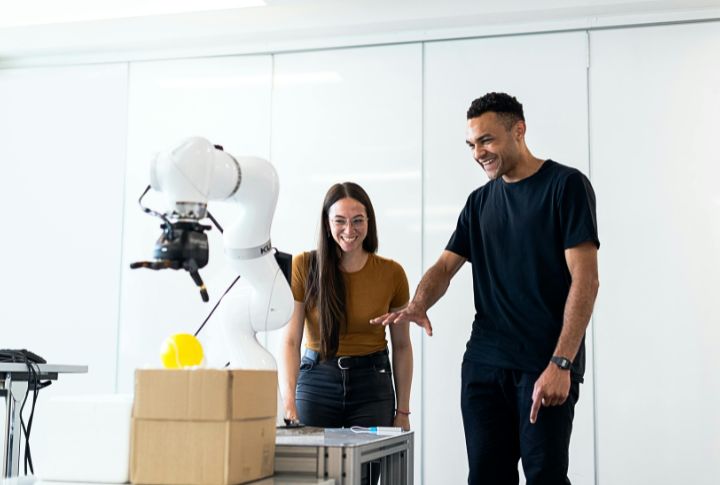
Basic work duties that previously filled your day are now handled by automated programs. The shift starts quietly as software takes over scheduling and customer communications. Though this automation seems like a productivity hack, it’s the first sign that a position will eventually vanish.
Company Invests Heavily In AI Tools
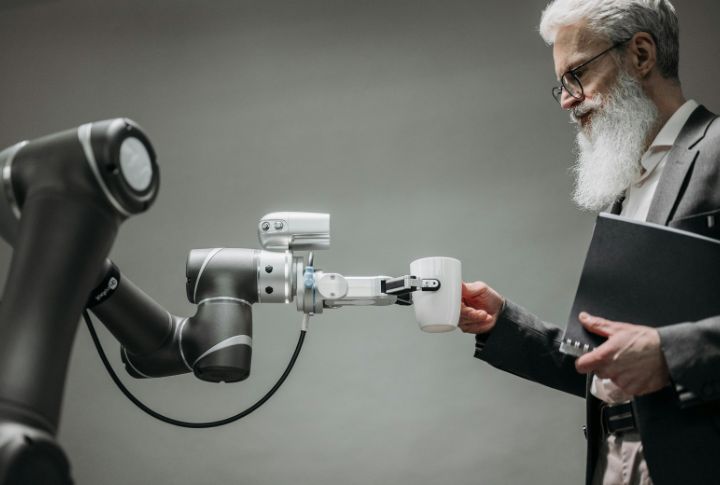
Your boss’s frequent mentions of AI investments during meetings should raise a red flag. Companies pour money into marketing AI and automated logistics systems to cut labor costs. While management won’t openly admit it, these AI tools are designed to replace human workers.
Training Shifts Away From Human Skills

Traditional human-focused skills training is disappearing from corporate calendars. Instead, technical workshops dominate the schedule. Leadership development has taken a back seat to software tutorials. The message is clear: companies are preparing for an AI-driven future. Employees must adapt their skillsets accordingly.
Outsourcing Contracts Quietly End
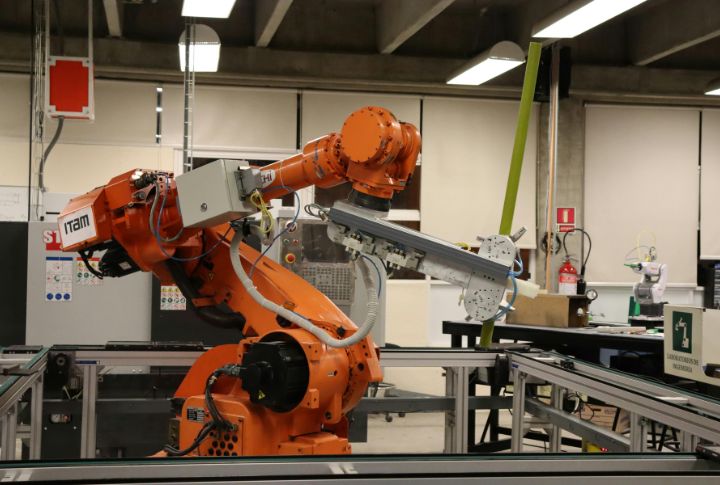
Look closely at your company’s outsourcing relationships. They might be quietly ending as artificial intelligence takes over previously contracted work. This pattern appears across various sectors, especially in automation-friendly roles. The transition usually becomes apparent only when employee workloads start to decrease.
Management Highlights AI’s Accuracy Over Human Work
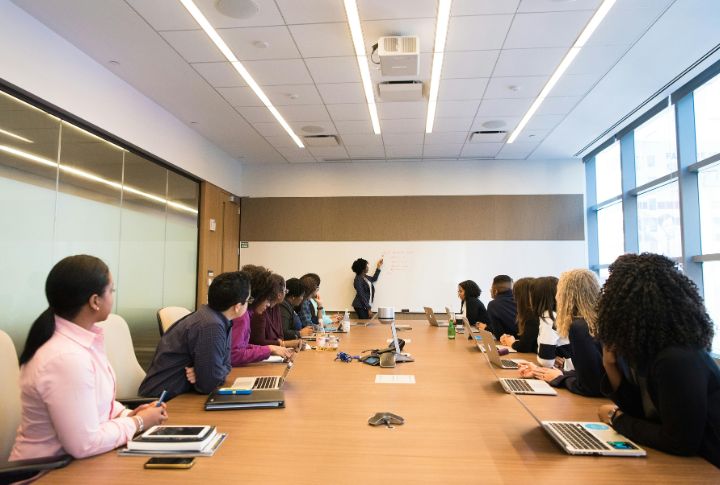
Leaders increasingly emphasize the precision of AI tools in work reports. Human mistakes are quietly contrasted with AI’s flawless record, making you feel vulnerable. So, if management is praising AI output more than manual results, take the hint.
Leadership Communication Becomes More Vague

You notice company leaders discussing “efficiency,” “scalability,” or “future readiness” without mentioning people. Instead of highlighting human contributions, the language increasingly centers on technology and automation. That subtle shift in messaging suggests that management is preparing for a reduced human workforce.
Budget Cuts Quietly Justify AI Adoption

Departments start trimming staff budgets while highlighting AI as a cost-effective alternative. You may notice payment cuts, frozen salaries, or more overtime while AI tools expand in use. Such financial and stressful issues indicate that cost savings (not human growth) are driving company priorities.
Fewer Human Approvals Required

Where approvals once passed slowly across multiple desks, AI systems now clear tasks with minimal human involvement. Fewer managers are required to review decisions, as automated platforms quietly assume authority. The trust traditionally reserved for people is gradually and steadily being redirected toward algorithms.
Job Postings No Longer Match Your Role
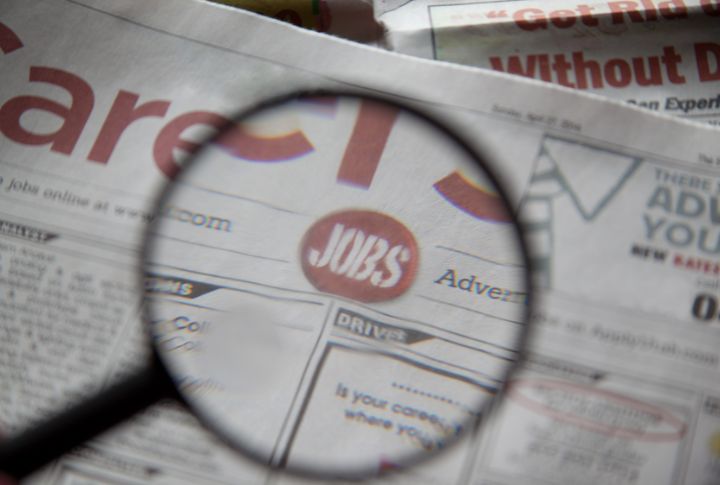
Your company’s new job ads highlight AI-related skills while downplaying the responsibilities you currently handle. This quiet shift in recruitment priorities suggests management views your traditional role as less valuable. Instead, they’re building a workforce designed to complement automation rather than duplicate it.
Customer Interactions Move Away From Humans
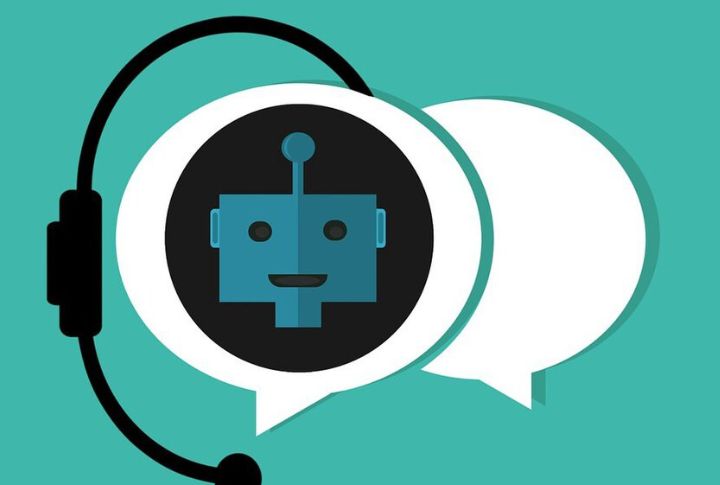
Clients who once expected personal service are increasingly redirected to chatbots, automated portals, and AI-driven support systems. As these automated interactions expand, the gradual erosion of human relationship-building becomes clear. It’s a change that reduces the demand for traditional roles and personal connections.
